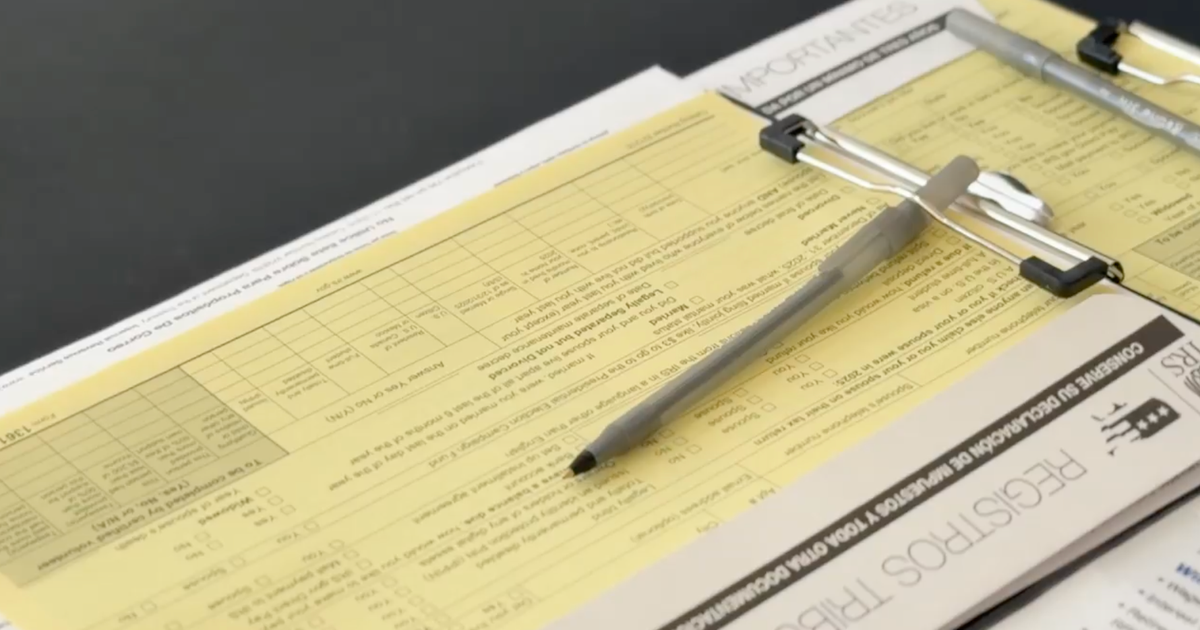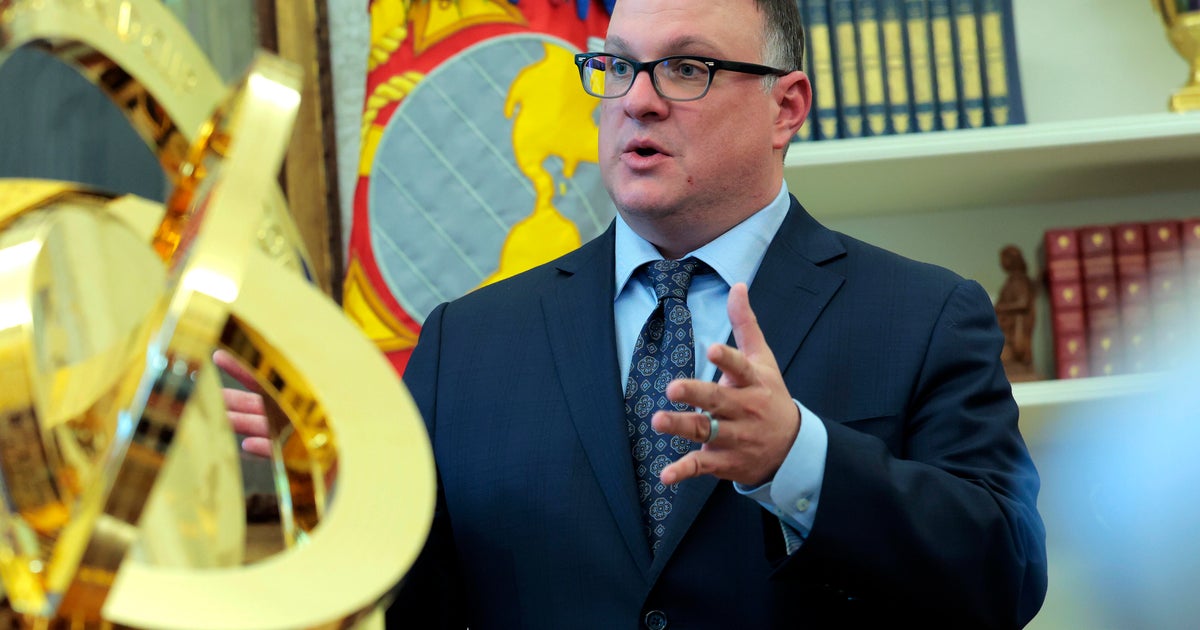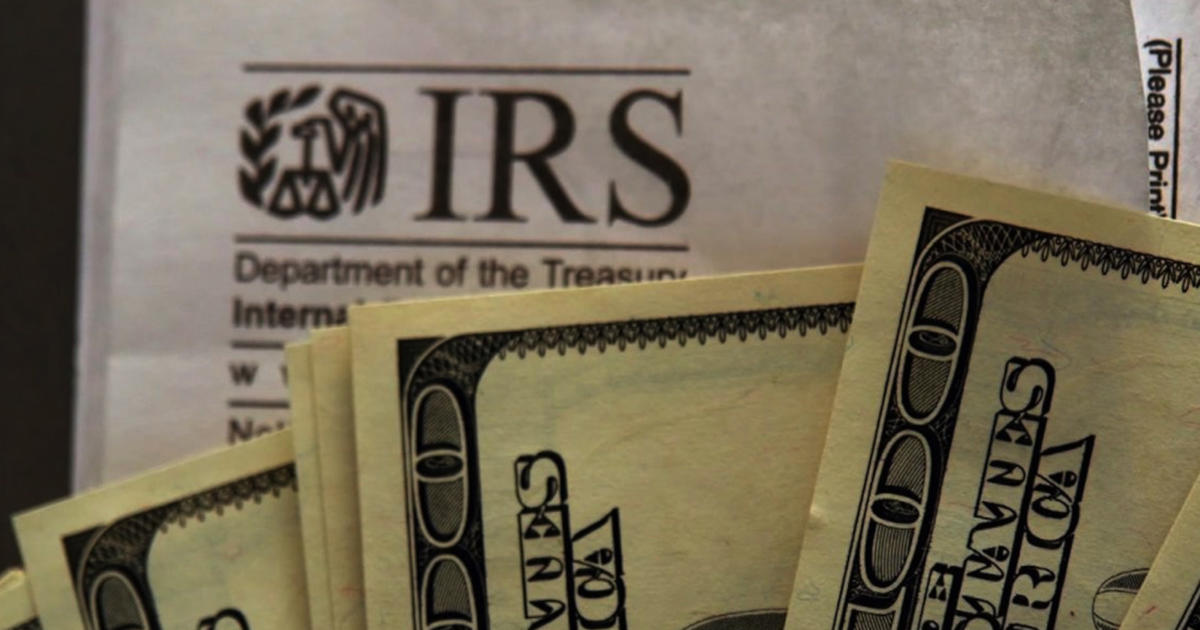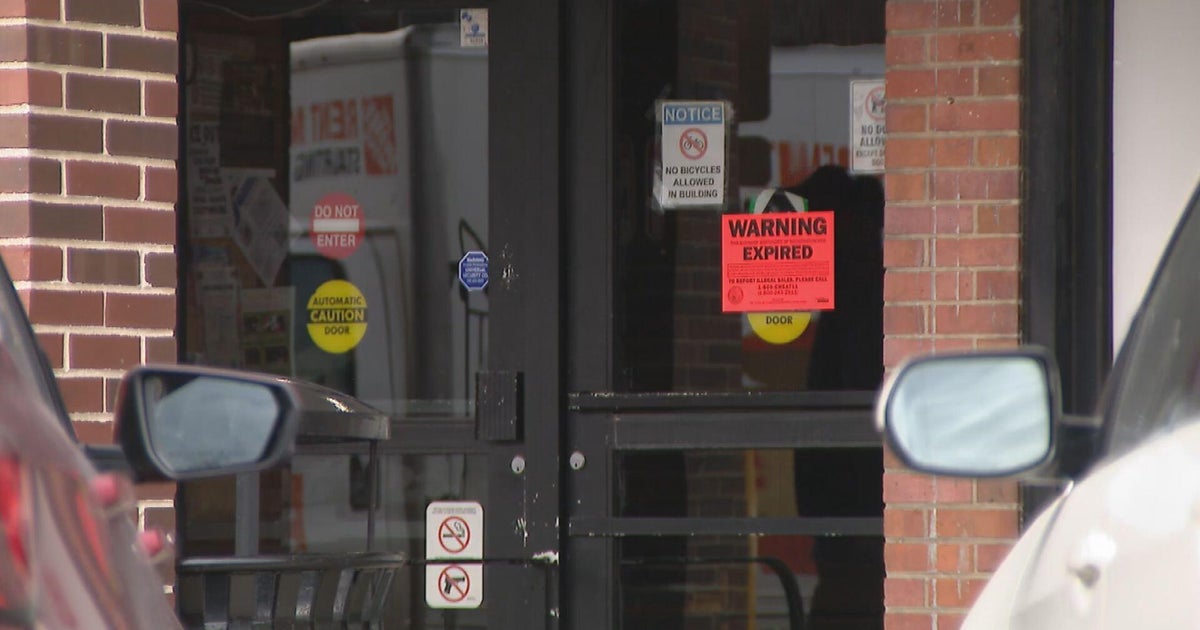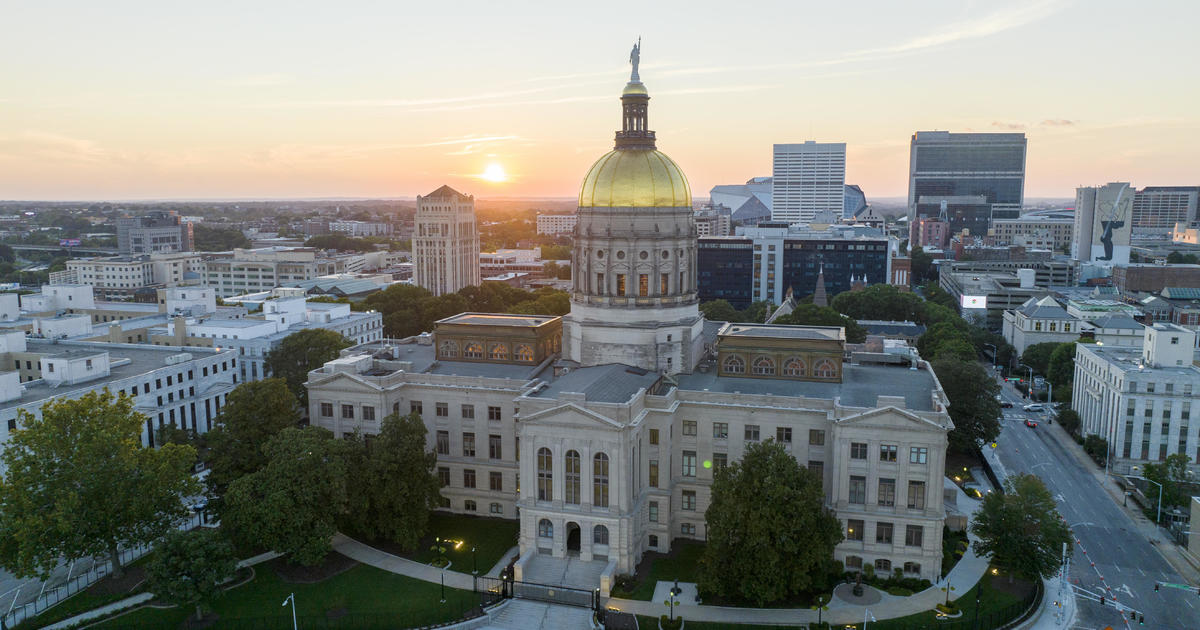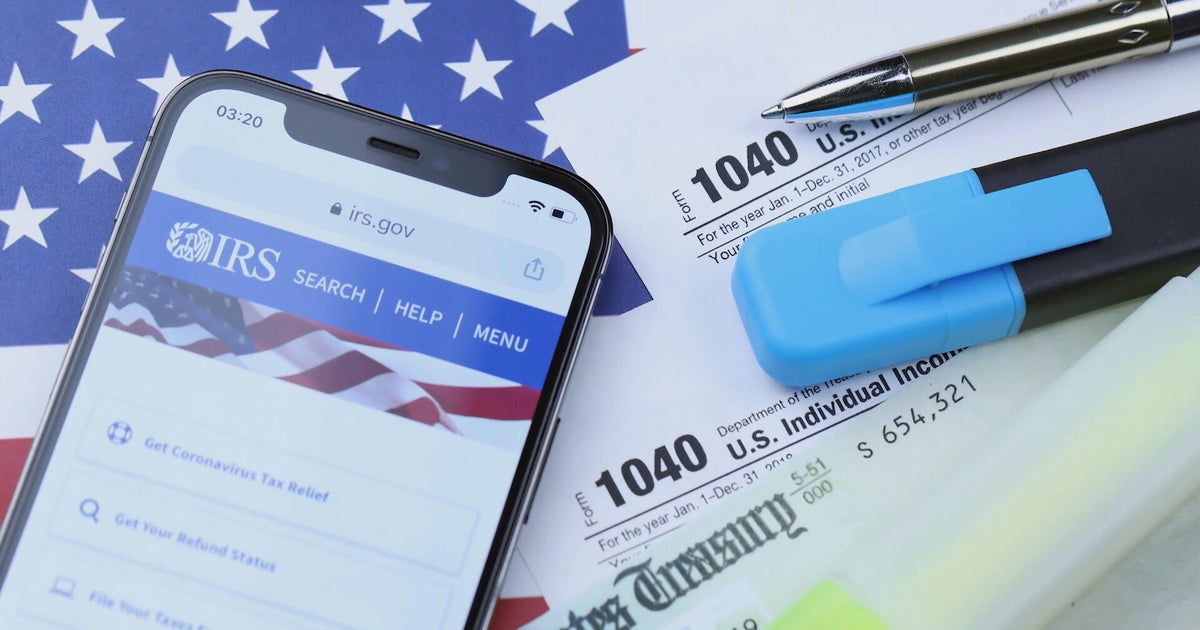The IRS is cracking down on a tax loophole for the rich. The effort could raise $50 billion.
The IRS could raise more than $50 billion in revenue over the next decade by ending a major tax loophole for wealthy taxpayers, the U.S. Treasury Department said Monday.
The guidance and ruling being announced Monday includes plans to essentially stop "partnership basis shifting" — a process by which a business or person can move assets among a series of related parties to avoid paying taxes. The Treasury Department described the technique as "abusive," with no other economic benefit than avoiding taxation.
The push to eliminate the loophole comes amid a push from the IRS to increase its audits of wealthy tax cheats in an effort to boost revenue. About $80 billion in new funding was directed to the tax agency by the Inflation Reduction Act, which was signed into law in 2022 by President Joe Biden, and officials on Monday said that the additional money has enabled increased oversight and greater awareness of the practice of basis shifting.
Biden administration officials said after evaluating the practice that there are no economic grounds for these transactions, with Deputy Treasury Secretary Wally Adeyemo calling it "really just a shell game."
"These tax shelters allow wealthy taxpayers to avoid paying what they owe," IRS commissioner Danny Werfel said.
Boost in IRS audits
Due to previous years of underfunding, the IRS had cut back on the auditing of wealthy individuals and the shifting of assets among partnerships and companies became common.
The IRS says filings for large pass-through businesses used for the type of tax avoidance in the guidance increased 70% from 174,100 in 2010 to 297,400 in 2019. However, audit rates for these businesses fell from 3.8% to 0.1% in the same time frame.
Treasury said in a statement announcing the new guidance that there is an estimated $160 billion gap between what the top 1% of earners likely owe in taxes and what they pay.
Monday's announcement is part of the IRS's ongoing effort to zero in on high-wealth tax cheats who manipulate the tax code or don't pay their taxes at all.
The IRS has said it plans to sharply increase audits over the next three tax years, although the agency has reiterated it won't boost enforcement for people who earn less than $400,000 annually — which covers the bulk of U.S. taxpayers. Instead, it plans to increase the audit rates for wealthy individuals with incomes of more than $10 million to 16.5%, up from 11% in 2019.
Other initiatives announced in the past year have included pursuing people and businesses that improperly deduct personal flights on corporate jets and collecting back taxes from delinquent millionaires.
